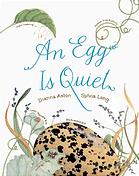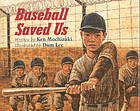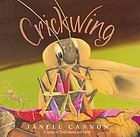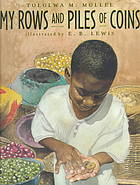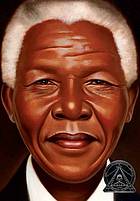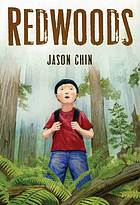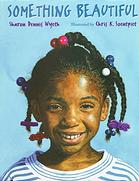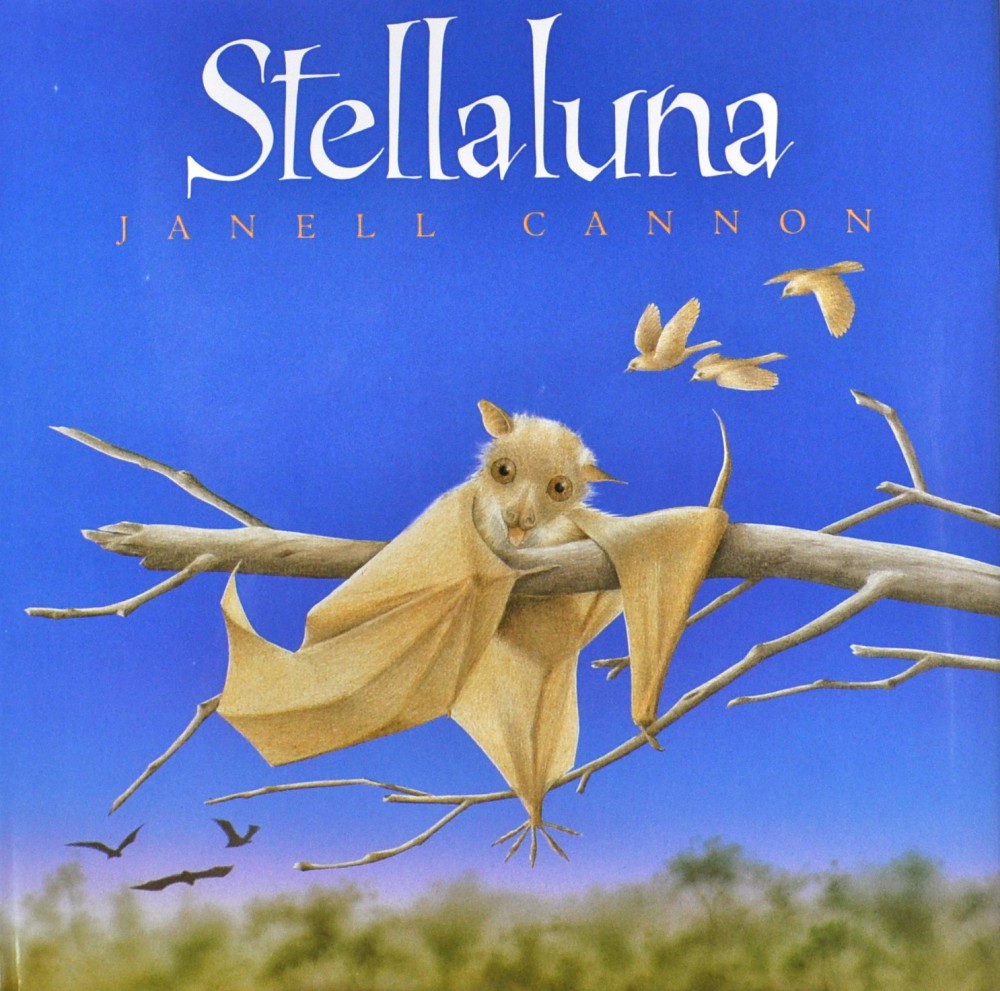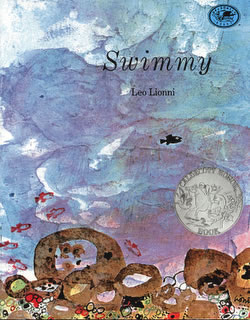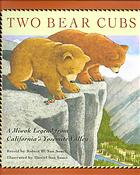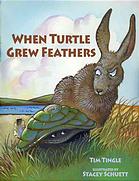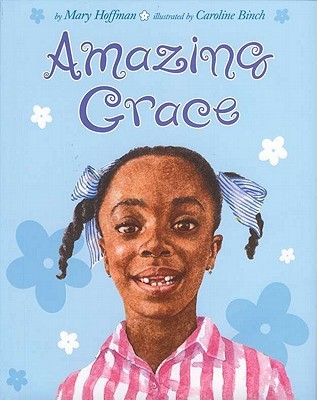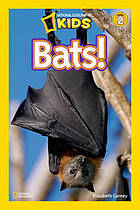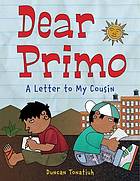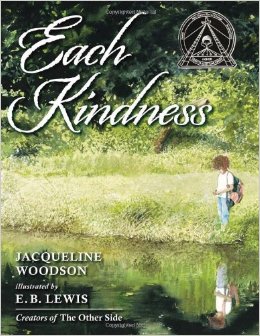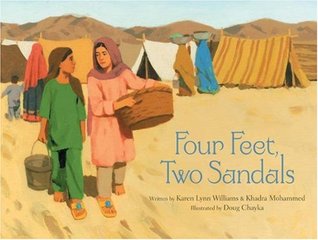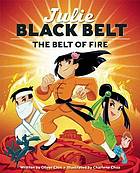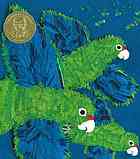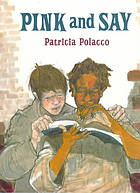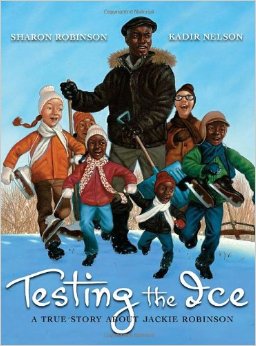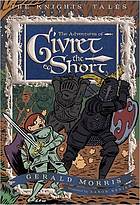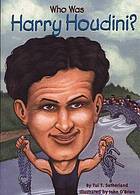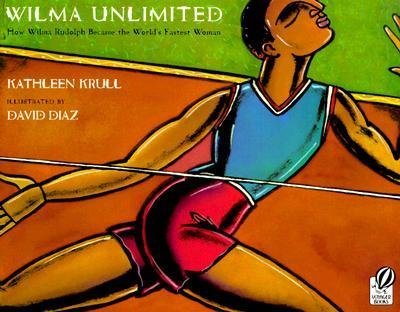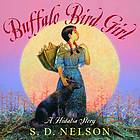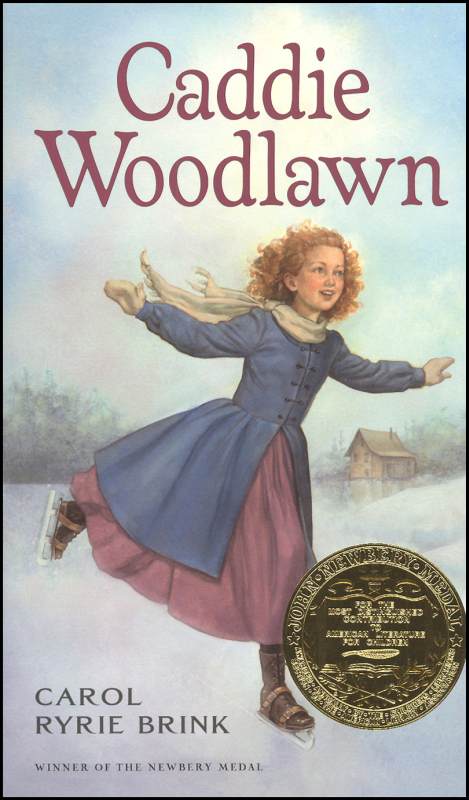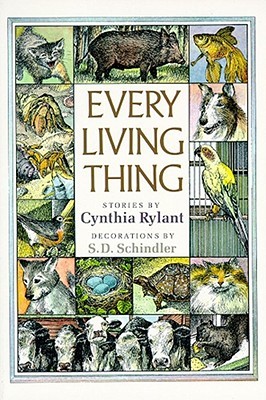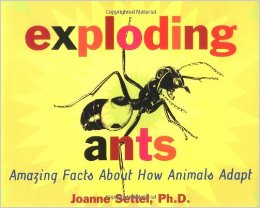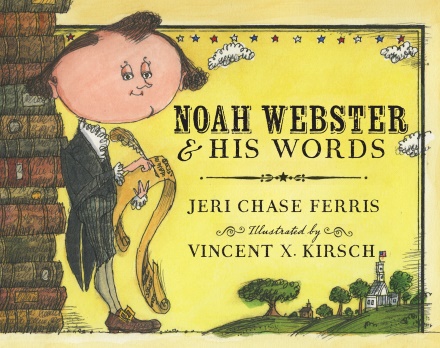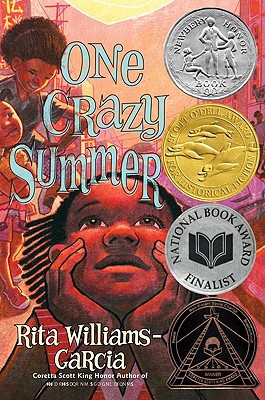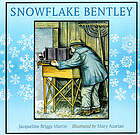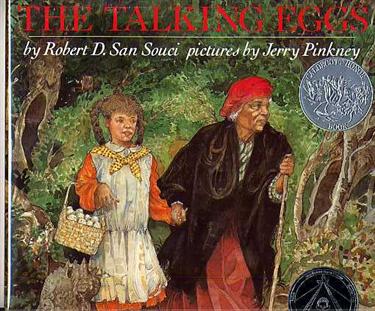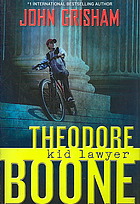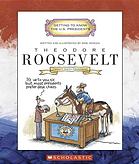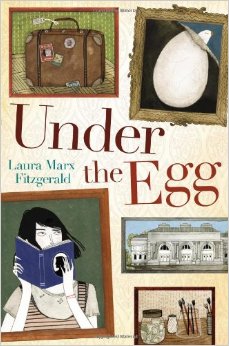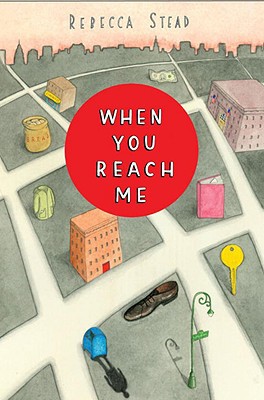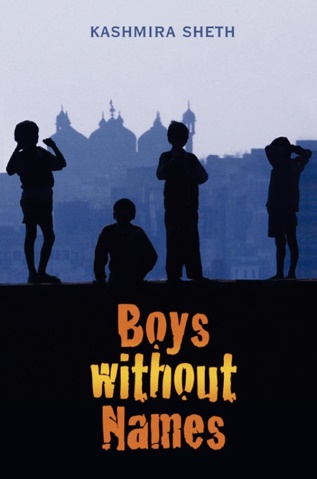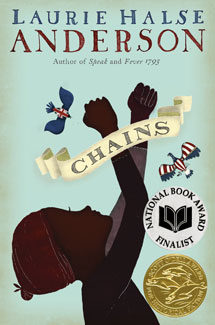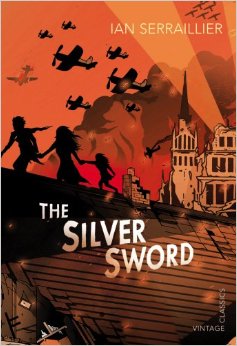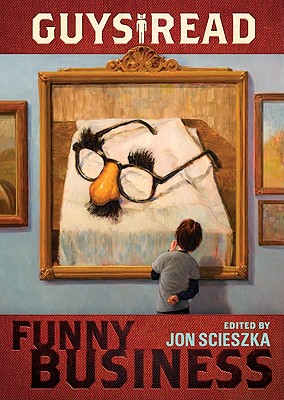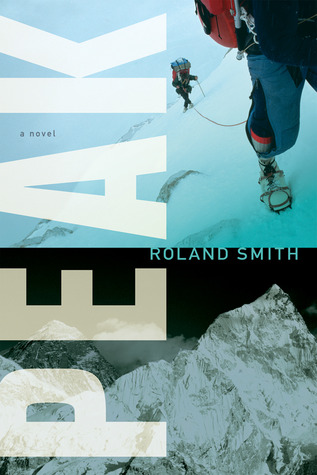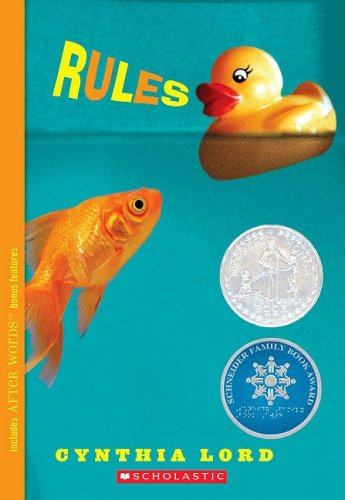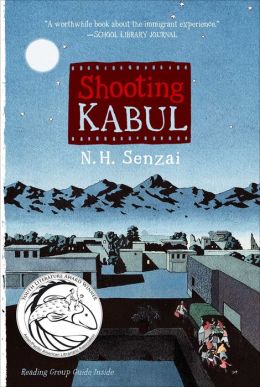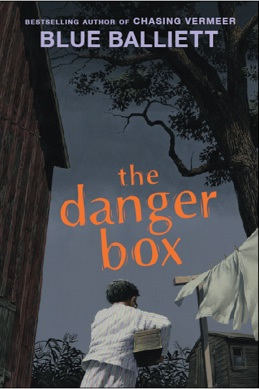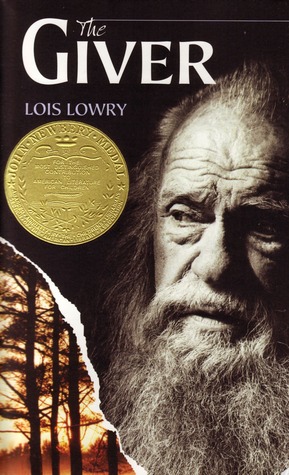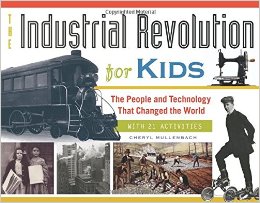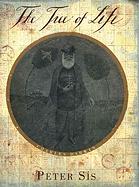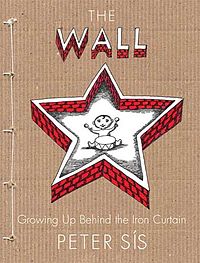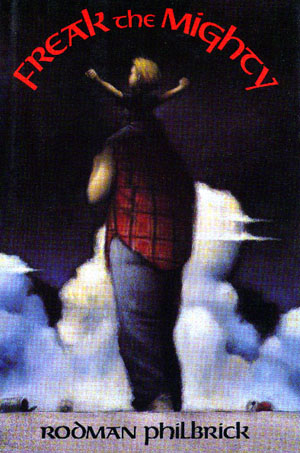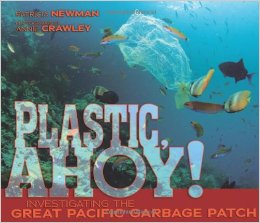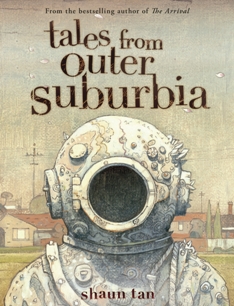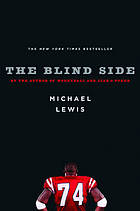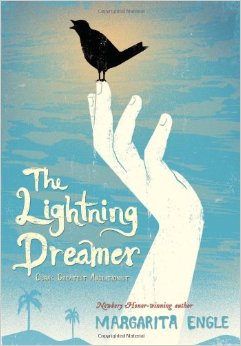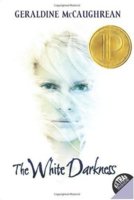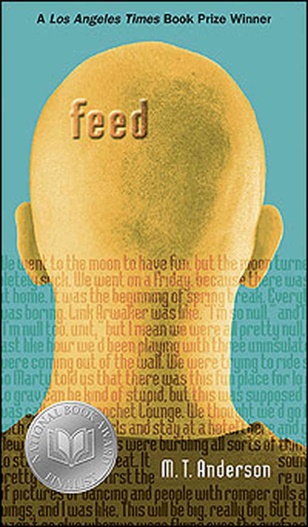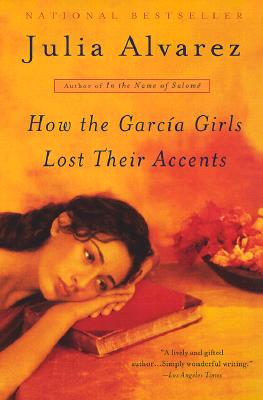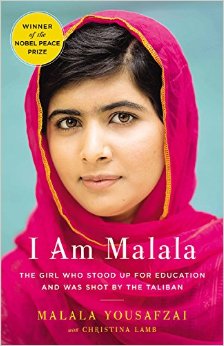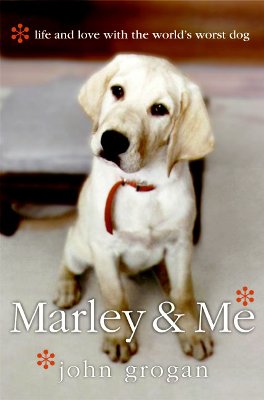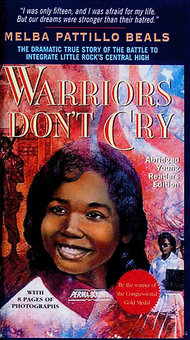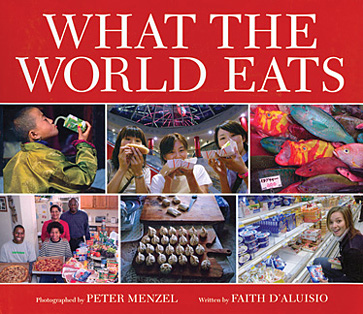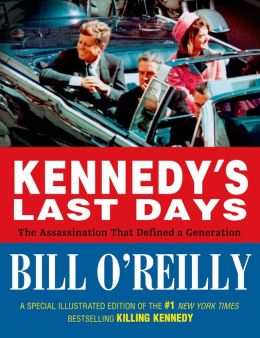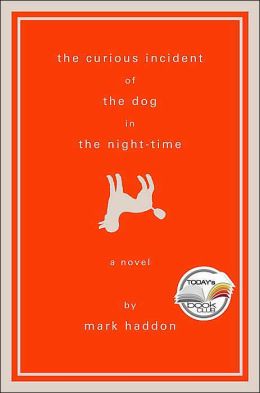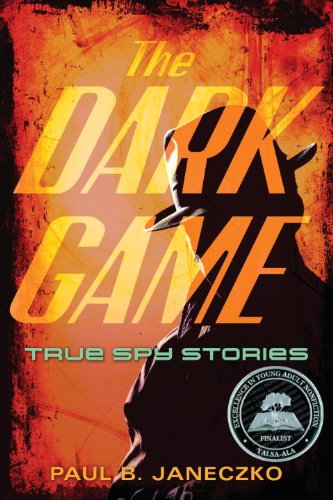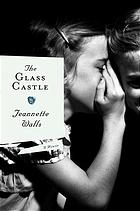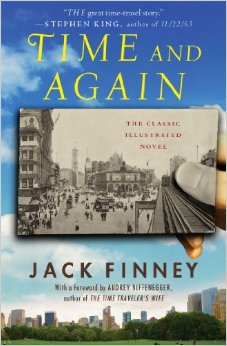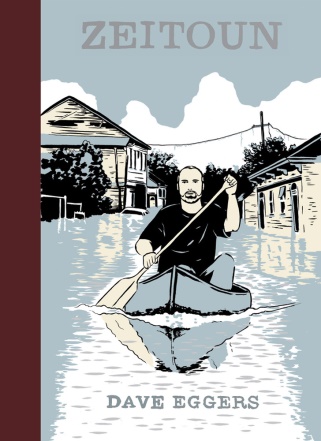Reading Library
How do I know if a book is too hard or too easy for my child? What kinds of questions should I ask my child while reading a book? What are the best fiction and nonfiction books for my child’s grade level? Created by the experts at Raise the Bar and Odell Education, this library answers these questions and more! Choose a book, check out a parent guide and discover the joy of reading and talking with your child.
Book Collections by Grade
Choose a grade to see recommended books and example questions to help guide your conversation.
How Can Your Child Choose a Book?
How We Decide on Books
We have a list of suggested books, but maybe you and your child want to go on adventures with other books. Though there is value in reading anything and everything, certain books can be more useful for children to read. So what makes a text good?
Our experienced educators chose the books using the Lexile Framework developed by Metametrics, the Scholastic Book Wizard, and Raise the Bar's own high standards for books. Here we suggest two simple methods for choosing books that you can use at home.
1. Five Finger Method (Less Experienced Readers)
For less-experienced readers, consider Scholastic’s Five Finger Test for choosing a book.
-
1
Have your child choose a page in the middle of a book he or she would like to read.
-
2
Ask him or her to hold up one hand.
-
3
Tell the child to put one finger down for every word he or she can't read or doesn't understand. If five fingers are down before the end of the page, try a different book.
-
4
On the other hand, if four or fewer fingers are down, the book is just right! Read it.
Based on this test your child may want to read a book that is too hard. That’s okay. Just make it a book that you read aloud, or that you read together (perhaps alternating pages or chapters; and with you present to answer questions or to help with challenging words). This will help your child climb to more advanced reading levels!
2. Two Chapter Rule (More Experienced Readers)
For more-experienced readers, consider Allison McDonald’s Two Chapter Rule when choosing books.
-
1
Give every new book a chance: the child starts by reading two chapters (or 10 - 20 pages of a book without chapters).
-
2
After two chapters, the child decides whether to stop reading the book or continue.
-
3
If the child decides to continue, he or she must finish the book.
Book Discussion Guide For Any Book!
In general, you can follow this sequence of questions to get your child talking about the book: What's going on in the book? Can you show me where? What do you think about it?
1. What's Going on in the Book?
Here are four different things every book has that you can talk about with your child. On any given page, chapter, or section, you can ask questions about:
-
Vocabulary, Language, and Details
It’s important to ask your child what words or details he or she notices in the text.
- What words or details did you like in the book?
- What words or details did you not understand in the book?
-
Ideas, Events, and Themes
This is what you probably think about the most when reading a book: what’s going on?
- How do the details help you understand the book’s main message?
-
Author's Perspective and Purposes
Often overlooked or difficult to identify, the author’s perspective is a little more buried under the surface than the book’s ideas or themes. Scratch the surface with some questions, though, and you’ll find out what the author is up to!
- What does that author want you to feel while reading the book?
-
Connections to Knowledge and Experience
Everyone has experience and knows something! It’s always fun and interesting to relate a book to what you already know.
- How is this book related to another book you read? How does it increase your understanding of a topic?
So, as you read along with your child, pay attention to these things and make up more questions together.
2. Can You Show Me?
While talking with children it is really important not to give away the answer in your actual question. Ask general, open-ended questions to let your child answer freely, and then ask them to show where, in the book, their answers come from.
Closed question: What color is Andy’s shirt?
Open question: What does Andy’s shirt tell you about his character?
Follow-up: Can you show me where you got that from the story?
3. What Do You Think?
Below, you will find a series of questions that will help focus your child on the book, but do not provide any clues as to what the “right” answer is. These questions will guide your child to the right places in the book, but he or she will have to make that final leap to figure out what’s so important about them.
- What do you notice about how the author discusses specific topics or subjects?
- What do you notice about how specific words add to the tone of the book?
- What do you notice about how certain characters relate to one another?
- What do you notice about how characters add to the development of the story?
- What do you notice about how the author presents information in the text?
- What do you notice about how events or information are interrelated?
- What do you notice about how the information is structured in the text and how it helps you better understand the book’s topic?
- What do you notice about how the events progress over time, and how the setting and characters impact that progression?
Back to the Book
Ask follow-up questions that help your child go back to the book to support what he or she is saying: Great! Where did you see that in the book? Can you show me an example in the story? Where did you read that in the book?
One-Word Answers: If your child is answering with only one or a few words, this is a clue that you might need to make your questions more open.
By asking these open questions and getting your child to point to specific parts of the book that help him or her answer, your child will learn how to pick a book apart and talk about it like an expert, independent reader.
